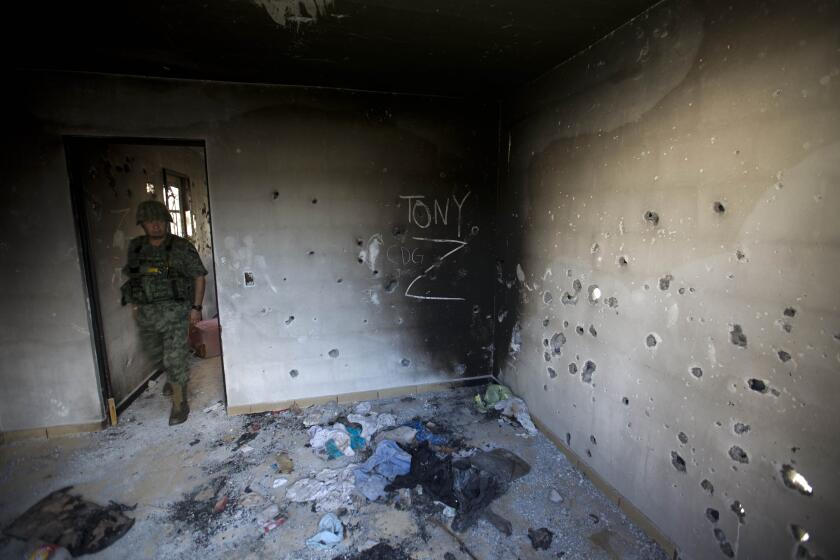India must act quickly on Kashmir
The news from Kashmir in recent months is sadly reminiscent of another conflict — the first intifada in the Palestinian territories, which broke out two decades ago. Now, as then, crowds of angry young men throw rocks at security forces trying to control demonstrators demanding independence. Separatist leaders call more stone-tossing youths out to the streets, police employ harsher tactics against them, and the battle escalates. In this case, the Kashmiris are fighting against Indian rule, and nearly 100 lives have been lost in the clashes of the last three months. As the Palestinian conflict demonstrated, it’s a no-win cycle that spirals into more violence.
The predominantly Muslim state of Jammu and Kashmir is administered by India and claimed by both India and Pakistan. A separatist insurgency launched there in 1989 with the backing of Pakistan took tens of thousands of lives and wounded tens of thousands more. Incursions from the Pakistani-controlled portion of Kashmir and insurgent attacks have since been greatly reduced, yet there has been no adjustment by the military. Popular resentment against the presence of Indian troops is widespread. Residents say the military has abused its authority and have called for repeal of the Armed Forces Special Powers Act, which gives it broad powers to carry out searches, make arrests and fire weapons in “disturbed” areas. Fed up, a new generation of rock-throwing youths has taken to the streets.
The Indian government should have tried to address the protesters’ grievances months ago. Instead, it has responded to the demonstrations with the same deadly force it has used against insurgents. It also increased the number of troops, imposed a round-the-clock curfew and suspended flights out of Srinagar, the summer capital of the state, for three days, supposedly to repair runways — measures that residents saw as further collective punishment. The clashes were exacerbated by recent reports of Koran desecration in the United States, and the number of dead has continued to mount. This week, New Delhi finally decided to send a multi-party delegation to Srinagar to gather information that could be used to craft a solution. Talking and negotiating is the right response, but the risk is that this fact-finding commission is too little too late. So far, the protesters have aimed rocks — not guns — at state and federal police installations. Now separatist militants are calling on the youths to take aim at the Indian army. New Delhi needs to act quickly and creatively to stop this from escalating into another intifada.
More to Read
Sign up for Essential California
The most important California stories and recommendations in your inbox every morning.
You may occasionally receive promotional content from the Los Angeles Times.










